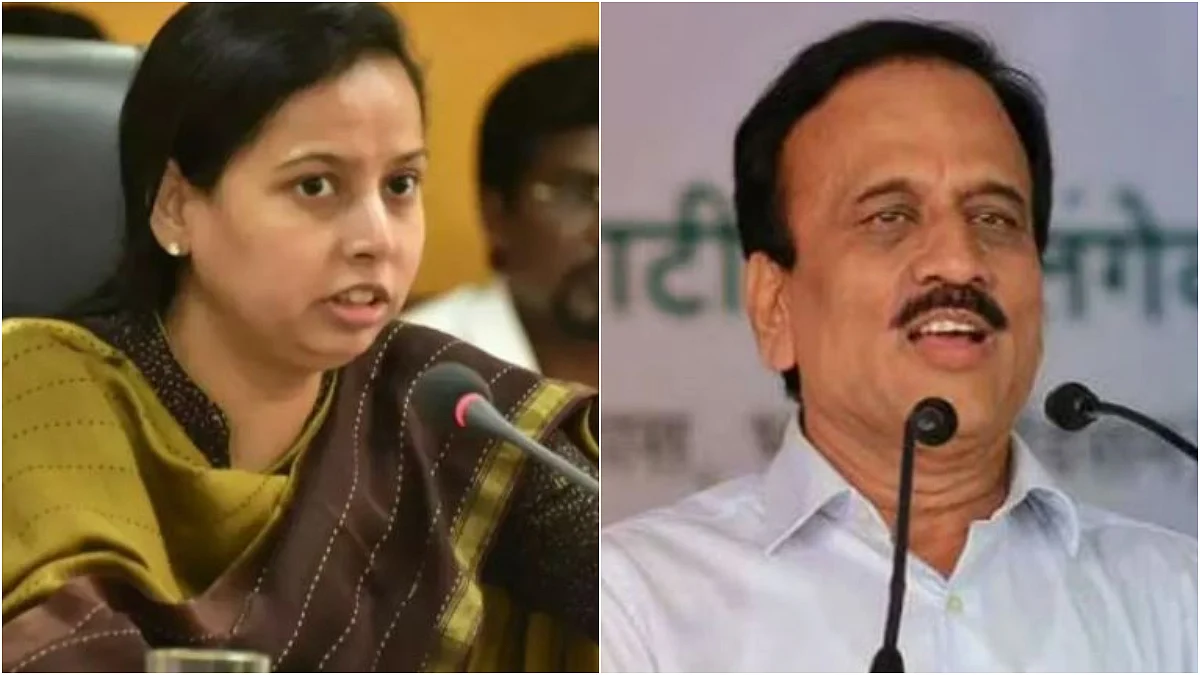Indian chess sensation Gukesh Dommaraju has been making headlines not just for his extraordinary talent but also for his remarkable composure under pressure. At just 17 years old, the Chennai-born grandmaster has already faced- and defeated- some of the world’s strongest players. But his trademark calmness at the board is the result of a personal transformation.
From impulsive to composed
In his early chess career, Gukesh admits he struggled with controlling his emotions. He described himself as an “impulsive and short-tempered kid”, and after losing a game, his frustration often spilled over into the next few matches, affecting his performance. The wake-up call came when he realised that his inability to manage emotions was holding back his growth.
Speaking at an exhibition blitz event in Katowice, Poland, where he played against Polish grandmaster Jan-Krzysztof Duda, Gukesh shared, “Whenever I lost a game, the next few matches were also affected because I couldn’t manage my emotions well.”
Determined to change, he began searching for tools to help him remain calm and focused, and found his answer in meditation and yoga.
The role of meditation in his success
Gukesh started practising simple meditation techniques, focusing on breath awareness and mindfulness. Over time, this helped him remain present, handle stress better, and keep his mind clear during tense moments on the chessboard.
Scientific studies back this up. Research published in Frontiers in Human Neuroscience shows that meditation boosts activity in brain areas linked to emotional regulation and attention. This means practitioners can respond more calmly to challenges -a skill crucial for high-stakes sports like chess.
Yoga’s benefits for mental strength
Alongside meditation, Gukesh incorporated basic yoga poses and breathing exercises into his daily routine. He isn’t a yoga expert, but he credits the practice for reducing tension and improving focus.
Deep breathing in yoga activates the parasympathetic nervous system, which slows the heart rate and promotes relaxation. Studies in Psychosomatic Medicine have found that yoga can lower anxiety and depression levels while enhancing mood and overall well-being- exactly what competitive players need when facing intense mental battles.
Calmness as a competitive weapon
Gukesh’s newfound composure has become one of his biggest strengths. Even in high-pressure matches, such as his games against world No. 2 Ding Liren, he remains steady and avoids showing visible stress. His transformation is a testament to the power of mind-body practices in competitive sports.
Meditation and yoga have been part of Indian tradition for centuries, offering tools to manage stress and improve mental clarity. For Gukesh, they not only enhanced his chess performance but also his overall quality of life.










